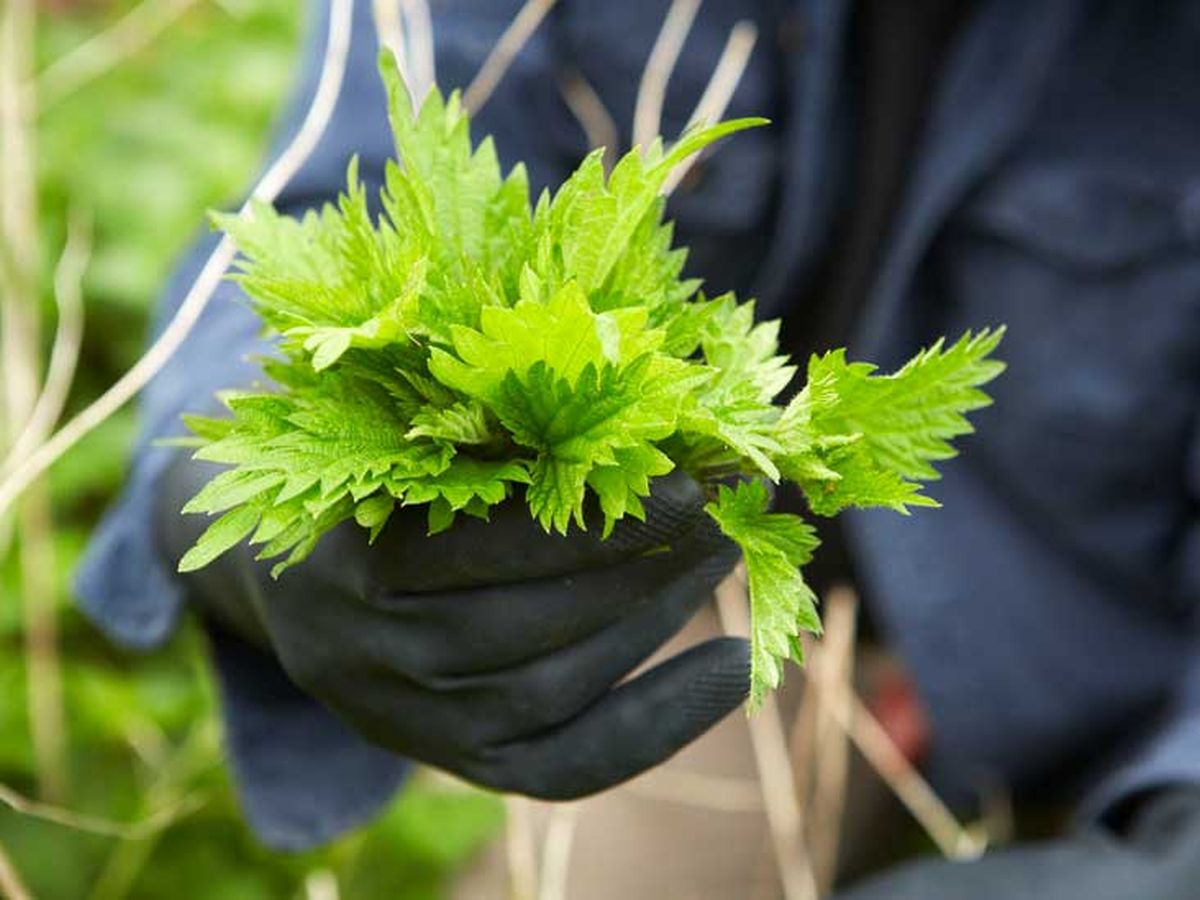Stinging nettle or Urtica dioica, an underestimated and frequently neglected plant, is probably the most nutritious and inexpensive dietary supplement available on earth today despite its hair-like barbs’ stinging abilities that can cause temporary burning sensation, rashes, bumps, hives and itchiness.
A staple in herbal medicine since ancient times, stinging nettle can be safely consumed [once it is processed into a supplement, dried, freeze-dried or cooked] to treat arthritis; reduce inflammation, allergies, and excessive bleeding; ease nasal congestion; lower back pain; and support wound healing.
Here are 6 evidence-based benefits of stinging nettle you didn’t know about:
The herb offers a variety of vitamins (Vitamins A, C and K, as well as several B vitamins), minerals (Calcium, iron, magnesium, phosphorus, potassium and sodium), fatty acids (Linoleic acid, linolenic acid, palmitic acid, stearic acid and oleic acid), all of the essential amino acids, polyphenols (Kaempferol, quercetin, caffeic acid, coumarins and other flavonoids) and pigments (Beta-carotene, lutein, luteoxanthin and other carotenoids). Many of these nutrients act as antioxidants that help defend your body against free radicals, which can cause significant damage to living cells, proteins and DNA.
- Stinging Nettle Reduces Inflammation
Stinging nettle is a natural supplement that reduces inflammation, aches and pains of osteoarthritis. Applying nettle leaf topically at the site of pain decreases joint pain and can treat arthritis. A study published in the Journal of Rheumatology shows stinging nettle’s anti-inflammatory power against other autoimmune diseases like rheumatoid arthritis. A 2012 study found lipophilic stinging nettle extracts possess potent anti-inflammatory activity, are not cytotoxic, and may be superior to traditional tinctures for treating inflammatory disorders.
- Stinging Nettle Treats Enlarged Prostate Symptoms
Stinging nettle root extracts are one of the most prevalent herbal remedies used to ease the symptoms of enlarged prostates or benign prostatic hyperplasia (BPH), which cause difficulty urinating and various other symptoms, including sexual dysfunction. Animal research reveals that this powerful plant may prevent the conversion of testosterone into dihydrotestosterone — a more powerful form of testosterone.
In a study of 246 BPH patients, a special extract of stinging nettle safely and effectively reduced the adverse effects of prostate enlargement when compared to placebo. In a 6-month study of 558 people, stinging nettle roots significantly improved multiple measures of prostate health, including relief of lower urinary tract. Another study combined stinging nettle and saw palmetto extract. It was as effective as and better tolerated than the prescription drug finasteride, which is used to treat enlarged prostates.
- Stinging Nettle Treats Hay Fever
Stinging nettle is a promising natural treatment for hay fever, an allergy that involves inflammation in the lining of your nose. Stinging nettle’s anti-inflammatory qualities affect a number of key receptors and enzymes in allergic reactions, preventing hay fever symptoms if taken when they first appear.
A global study conducted at the National College of Naturopathic Medicine found that stinging nettle use for allergy relief is rated higher than placebos. Test-tube research shows that stinging nettle extracts can inhibit inflammation that can trigger seasonal allergies. This includes blocking histamine receptors and stopping immune cells from releasing chemicals that trigger allergy symptoms.
- Stinging Nettle Lowers Blood Pressure
Stinging nettle helps lower your blood pressure by triggering the release of nitric oxide, which causes blood vessels to widen. In addition, stinging nettle has compounds that act as calcium channel blockers, which relax your heart by reducing the force of contractions. In animal studies, stinging nettle has been shown to lower blood pressure levels while raising the heart’s antioxidant defenses. However, you must keep in mind that the plant’s potential diuretic effect may strengthen the impact of diuretics, which can raise your risk of dehydration.
- Stinging Nettle Aids Blood Sugar Control
Both human and animal studies link stinging nettle to lower blood sugar levels as it contains compounds that mimic the effects of insulin. In a three-month study, taking 500 mg of stinging nettle extract three times a day significantly lowered blood sugar levels compared to a placebo. However, you must be careful as taking stinging nettle along with diabetes medications might cause your blood sugar to go too low.






